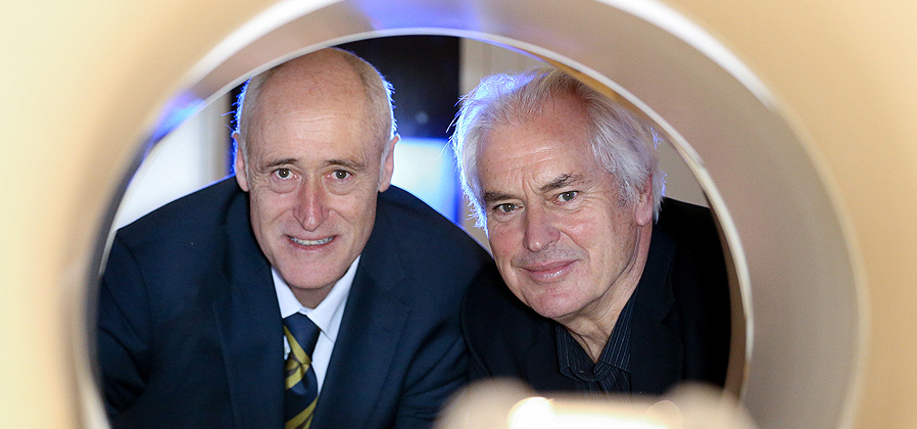The Atlantic Philanthropies, created in 1982 by Irish-American businessman Chuck Feeney, is giving €138.4 million [$177 million] to Trinity College Dublin and the University of California, San Francisco (UCSF) to establish the Global Brain Health Institute (GBHI), a ground-breaking initiative that aims to tackle the looming dementia epidemic and improve health and dementia care worldwide.
The landmark award is the largest program grant Atlantic Philanthropies has ever made and is the biggest philanthropic donation in Irish history and the largest ever received by Trinity College Dublin.
Speaking ahead of the announcement on November 17, Taoiseach Enda Kenny said: “The Atlantic Philanthropies’ support over the last 20 years for research in the biomedical area has enabled Trinity College to become a recognized leader in aging research. This, however, forms only a part of Chuck Feeney’s educational and research legacy in this country, for which we are very grateful.”
“Our goal is to create a generation of leaders around the world who have the knowledge, skills and drive to change both the practice of dementia care and the public health and societal forces that affect brain health,” Christopher G. Oechsli, president and CEO of The Atlantic Philanthropies, said.
Co-led by Trinity College Dublin and UCSF, the GBHI initiative will train 600 global leaders over 15 years in the U.S. Ireland and across the world to carry out dementia research, deliver health care, and change policies and practices. It will be partnering with other institutions worldwide in Latin America, Vietnam, South Africa, Asia, and Australia.
GBHI will have shared operations in Trinity and UCSF that will be led by Trinity’s Professor of Psychology Ian Roberston and Professor Bruce Miller, MD, a behavioral neurologist and director of the Memory and Aging Center at UCSF.
At Trinity College Dublin, the GBHI will be housed in the Trinity College Institute of Neuroscience. It will be led by Professor of Psychology Ian Robertson, and Conolly Norman Professor of Old Age Psychiatry Brian Lawlor. ♦
Trinity College and UCSF to Establish Global Brain Health Institute


Leave a Reply